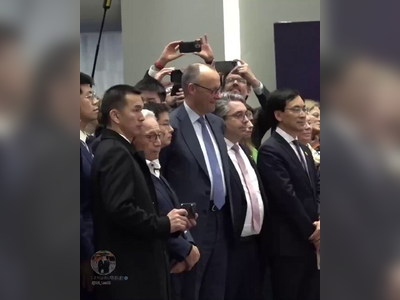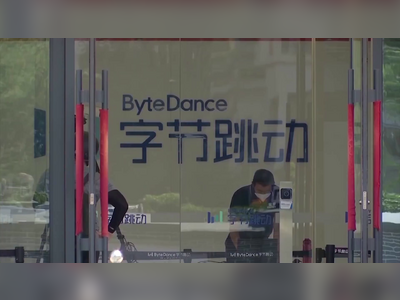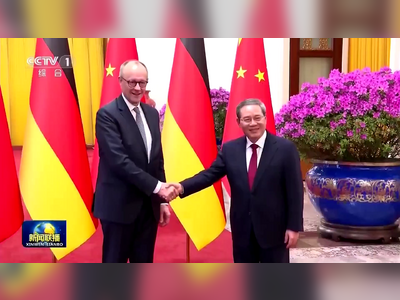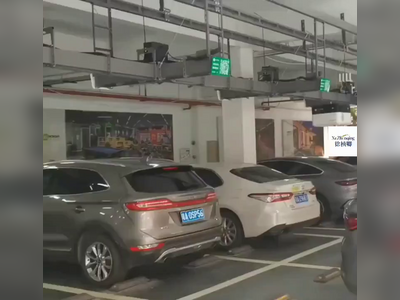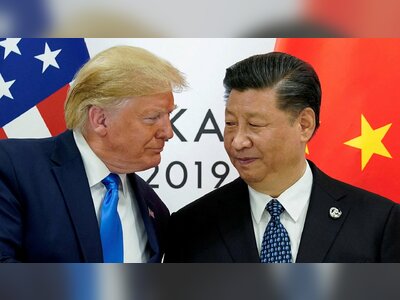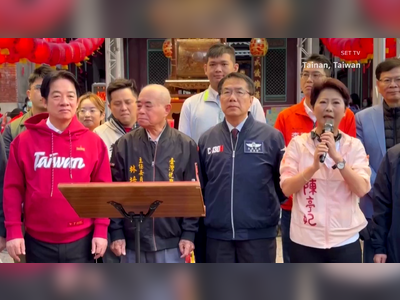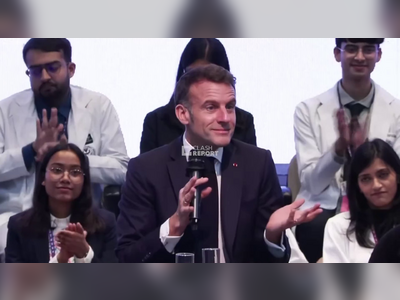Nvidia Criticizes New US Export Controls on AI Chips
The technology giant warns that the new rules could impede global innovation and economic growth.
Nvidia, the renowned US-based chip manufacturer, has expressed strong opposition to the latest export controls introduced by the Biden administration, suggesting that the measures could have detrimental effects on both innovation and economic development worldwide.
The company released a statement on its website on Monday, criticizing the so-called 'AI Diffusion' rule as 'misguided' and warning that it risks undermining global competitiveness.
The new regulation seeks to limit the export of advanced graphics processing units (GPUs) crucial for artificial intelligence (AI) model training.
While presented as a strategy to counter China's technological advancements, Nvidia argues that the policy will not enhance US security.
Instead, it could weaken America's lead in technology by curtailing the widespread availability of computing power.
Echoing Nvidia's concerns, Ken Glueck, executive vice president at Oracle, described the export control framework as potentially one of the most damaging regulations for the US technology industry.
In a blog post dated January 5, Glueck highlighted that the rule might inadvertently bolster China's position in the AI and GPU markets by constraining US companies.
According to reports from Reuters, the Biden administration plans to restrict GPU exports to over 120 countries, including Singapore, Israel, Saudi Arabia, and the United Arab Emirates, while providing exemptions to allies like Japan, Britain, South Korea, and the Netherlands.
However, nations such as Russia, China, and Iran will be barred entirely from accessing these technologies.
Ma Jihua, a telecom industry expert, explained to the Global Times that this strategy appears to aim at forming an exclusive circle to contain China.
Yet, such restrictive measures could negatively impact the global semiconductor market, affecting US companies' interests and potentially leading to a reduction in market demand and sales.
The semiconductor industry is inherently global, with interconnected supply chains and markets.
Bifurcating the market through strict export measures could diminish demand for US products, inadvertently benefiting international competitors.
Despite US efforts to curb the export of high-end chips, China continues to advance technologically.
Experts note that Chinese operators and data centers have increasingly switched to domestic chip solutions, diminishing reliance on US technology.
Consequently, attempts to constrain China's AI sector may ultimately prove ineffective.
The discourse around these regulations raises significant questions about the balance between national security and maintaining a thriving global innovation ecosystem.
The company released a statement on its website on Monday, criticizing the so-called 'AI Diffusion' rule as 'misguided' and warning that it risks undermining global competitiveness.
The new regulation seeks to limit the export of advanced graphics processing units (GPUs) crucial for artificial intelligence (AI) model training.
While presented as a strategy to counter China's technological advancements, Nvidia argues that the policy will not enhance US security.
Instead, it could weaken America's lead in technology by curtailing the widespread availability of computing power.
Echoing Nvidia's concerns, Ken Glueck, executive vice president at Oracle, described the export control framework as potentially one of the most damaging regulations for the US technology industry.
In a blog post dated January 5, Glueck highlighted that the rule might inadvertently bolster China's position in the AI and GPU markets by constraining US companies.
According to reports from Reuters, the Biden administration plans to restrict GPU exports to over 120 countries, including Singapore, Israel, Saudi Arabia, and the United Arab Emirates, while providing exemptions to allies like Japan, Britain, South Korea, and the Netherlands.
However, nations such as Russia, China, and Iran will be barred entirely from accessing these technologies.
Ma Jihua, a telecom industry expert, explained to the Global Times that this strategy appears to aim at forming an exclusive circle to contain China.
Yet, such restrictive measures could negatively impact the global semiconductor market, affecting US companies' interests and potentially leading to a reduction in market demand and sales.
The semiconductor industry is inherently global, with interconnected supply chains and markets.
Bifurcating the market through strict export measures could diminish demand for US products, inadvertently benefiting international competitors.
Despite US efforts to curb the export of high-end chips, China continues to advance technologically.
Experts note that Chinese operators and data centers have increasingly switched to domestic chip solutions, diminishing reliance on US technology.
Consequently, attempts to constrain China's AI sector may ultimately prove ineffective.
The discourse around these regulations raises significant questions about the balance between national security and maintaining a thriving global innovation ecosystem.
AI Disclaimer: An advanced artificial intelligence (AI) system generated the content of this page on its own. This innovative technology conducts extensive research from a variety of reliable sources, performs rigorous fact-checking and verification, cleans up and balances biased or manipulated content, and presents a minimal factual summary that is just enough yet essential for you to function as an informed and educated citizen. Please keep in mind, however, that this system is an evolving technology, and as a result, the article may contain accidental inaccuracies or errors. We urge you to help us improve our site by reporting any inaccuracies you find using the "Contact Us" link at the bottom of this page. Your helpful feedback helps us improve our system and deliver more precise content. When you find an article of interest here, please look for the full and extensive coverage of this topic in traditional news sources, as they are written by professional journalists that we try to support, not replace. We appreciate your understanding and assistance.
